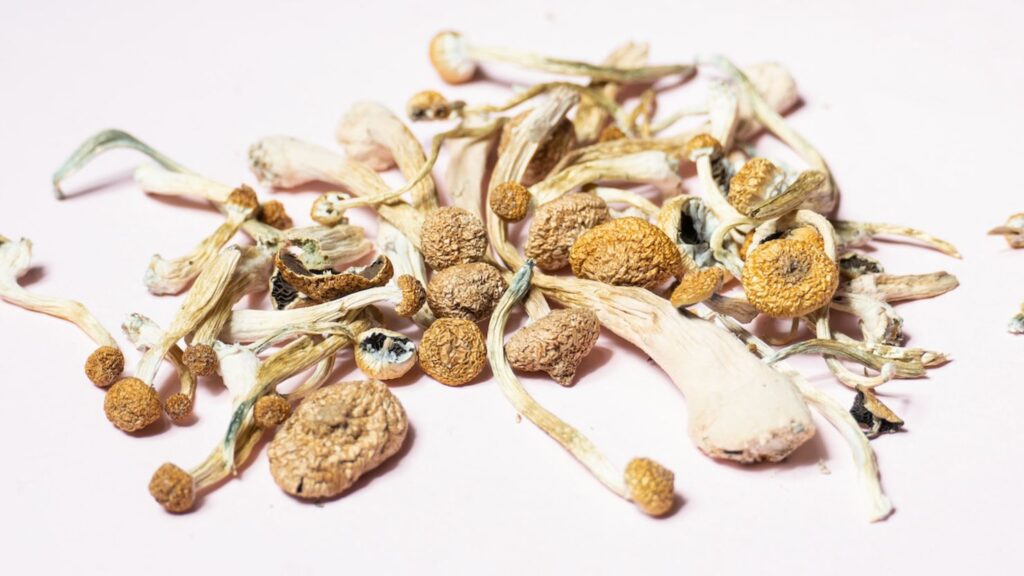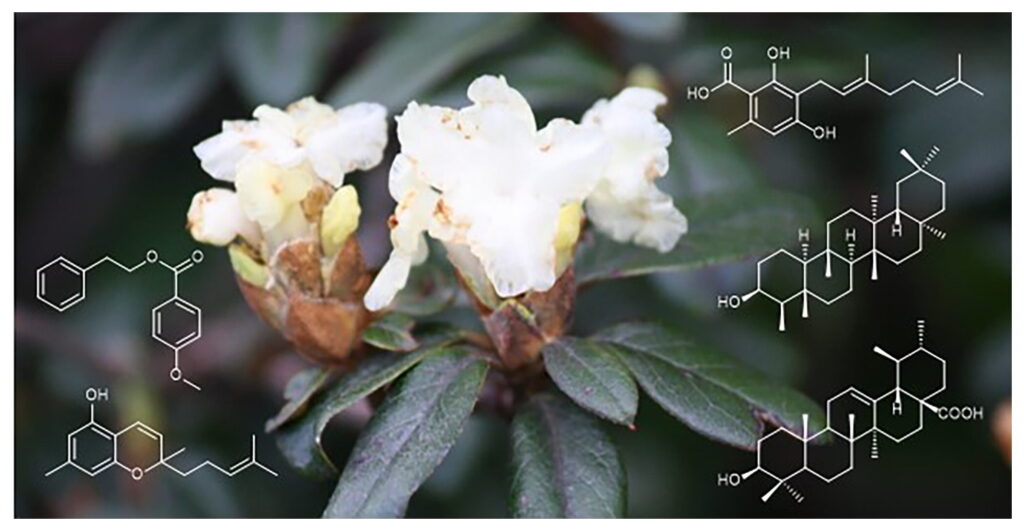The Connecticut House of Representatives has voted in favor of House Bill 7065, a proposal that would decriminalize the possession of small amounts of psilocybin, commonly found in psychedelic mushrooms.

Under the measure, individuals found with less than half an ounce of psilocybin would no longer face criminal charges. Instead, first-time offenders would be subject to a $150 civil fine, with repeat violations resulting in fines ranging from $200 to $500. Law enforcement would still be required to confiscate and destroy any psilocybin they encounter.
The proposal was given approval by the House with 74 voting in favor, and 65 opposed, with 12 members absent.
Continue reading














